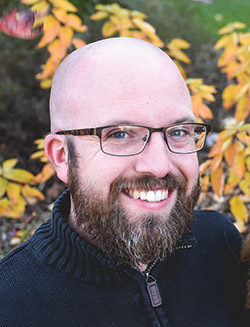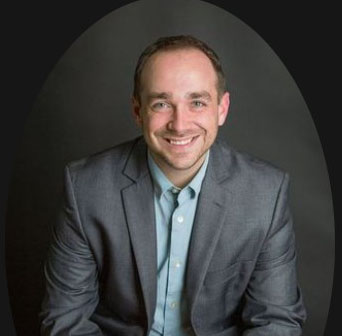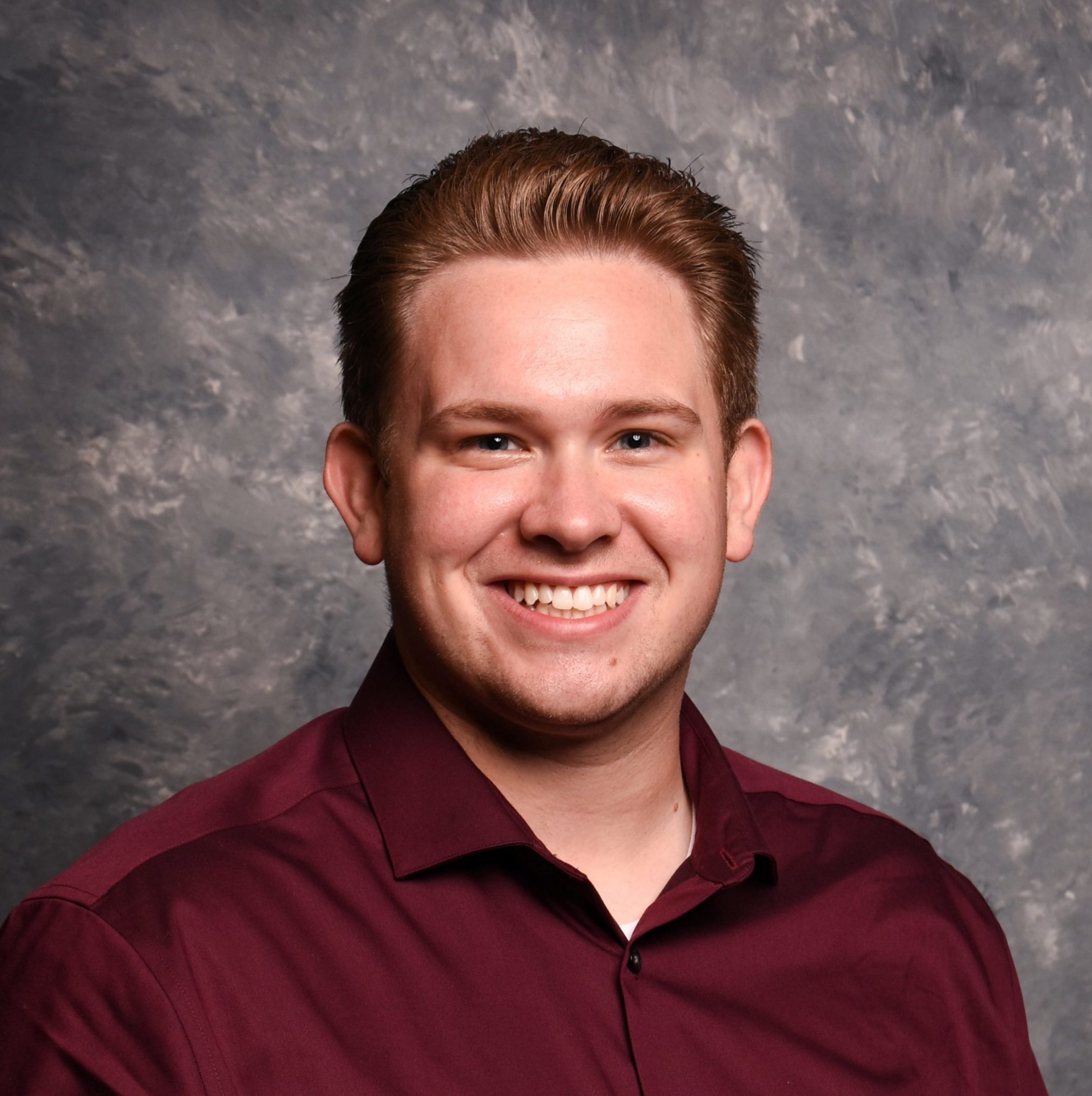Kamenick founds firm to fight for open records
By: WISCONSIN LAW JOURNAL STAFF//November 27, 2019//

From the shores of Lake Michigan, a new law firm is shining light onto Wisconsin’s open-records and open-meetings laws.
Tom Kamenick, former deputy counsel and litigation manager at the Wisconsin Institute for Law & Liberty, founded the Wisconsin Transparency Project in October.
His goal is to provide low- or no-cost legal representation throughout the state to people and organizations that are seeking to make government more transparent. Under the state’s open-records laws, anyone has a right to view and receive the majority of records held in government offices or by government officials. Kamenick said that even though Wisconsin has strong laws supporting transparency, violations are seldom prosecuted. The responsibility of fighting for open records thus often falls on individuals and organizations.
Kamenick said that, during his time at WILL, he’d often receive inquiries about open-government matters. He’d offer advice but rarely could follow up with legal action. WILL was primarily interested in taking on cases that promised to have far-reaching effects on state law. At the Wisconsin Transparency Project, the mission will be different.
“What is needed to improve the culture of transparency in Wisconsin is aggressive litigation on open-records and open-meetings issues,” said Kamenick.
Kamenick calls the project “something of an experiment.” He’s running his firm from his home in Port Washington, and he said there’s nothing else like it in the state. He said his measure of success will be if he’s still doing it several years from now.
“My working theory is there’s enough of it to earn a living on a contingency basis,” Kamenick said.
Referrals have been coming in from Kamenick’s contacts, including WILL and the Wisconsin Freedom of Information Council. And Kamenick has been reaching out to smaller media companies that may be interested in enlisting the firm’s services.
Kamenick spoke with the Wisconsin Law Journal shortly after he had announced the project. He had recently signed on his first client — someone whose requests for an office’s budget and calendars had been ignored. It’s the first of what he hopes will prove to be many opportunities he has to help ensure open-record and open-meeting laws are complied with.
Wisconsin Law Journal: What types of records requests do you receive?
Kamenick: A lot of it has to do with local government finances and budgets. Another common area is people investigating potential wrongdoings who have worries about cronyism. You see people asking for communications between them and trying to find things going on behind the scenes. Other times I see requests for personnel investigations — if some government employee is fired and there’s no explanation why, trying to figure out what was going on internally and what was released publicly.
WLJ: How will making access to records easier for people who typically can’t afford legal services change the legal process in Wisconsin?
Kamenick: The problem we have is Wisconsin has very well-written meetings laws, but because they aren’t enforced, there is a culture generally around the state, especially at local levels, of lackadaisical compliance with the requirements. Nobody in government really expects to be held to account. It’s very unlikely any of them will be sued because of these issues, and hopefully by aggressively litigating these topics, that will start to change.
Government transparency is really a foundational bedrock to democracy. What keeps our entire democracy working is that you have an informed electorate to make good decisions at the ballot box. It’s simply impossible to make an informed decision about government if you don’t know what government is actually doing.
WLJ: What’s important about the Wisconsin Transparency Project?
Kamenick: I’m working on a very low cost basis for my clients. I’m asking for enough to cover my out-of-pocket expenses for filing the lawsuit, and depending on the complexity of the case, enough to cover a couple hours of my time. The rest is on a contingency. That’s the only payment my clients ever have to make. Both open-records and open-meetings laws have provisions in their statutes (where) on a successful lawsuit, the government entity has to pay attorney fees. It’s great for my clients because it’s very little upfront, and they’ll actually get their money back and potentially $100 in statutory damages on top of it. I’m really trying to lower the barriers to entry.
Legal News
- Wisconsin attorney loses law license, ordered to pay $16K fine
- Former Wisconsin police officer charged with 5 bestiality felony counts
- Judge reject’s Trump’s bid for a new trial in $83.3 million E. Jean Carroll defamation case
- Dozens of deaths reveal risks of injecting sedatives into people restrained by police
- The Latest: Supreme Court arguments conclude in Trump immunity case
- Net neutrality restored as FCC votes to regulate internet providers
- Wisconsin Attorney General asks Congress to expand reproductive health services
- Attorney General Kaul releases update at three-year anniversary of clergy and faith leader abuse initiative
- State Bar leaders remain deeply divided over special purpose trust
- Former Wisconsin college chancellor fired over porn career is fighting to keep his faculty post
- Pecker says he pledged to be Trump campaign’s ‘eyes and ears’ during 2016 race
- A conservative quest to limit diversity programs gains momentum in states
WLJ People
- Power 30 Personal Injury Attorneys – Russell Nicolet
- Power 30 Personal Injury Attorneys – Benjamin Nicolet
- Power 30 Personal Injury Attorneys – Dustin T. Woehl
- Power 30 Personal Injury Attorneys – Katherine Metzger
- Power 30 Personal Injury Attorneys – Joseph Ryan
- Power 30 Personal Injury Attorneys – James M. Ryan
- Power 30 Personal Injury Attorneys – Dana Wachs
- Power 30 Personal Injury Attorneys – Mark L. Thomsen
- Power 30 Personal Injury Attorneys – Matthew Lein
- Power 30 Personal Injury Attorneys – Jeffrey A. Pitman
- Power 30 Personal Injury Attorneys – William Pemberton
- Power 30 Personal Injury Attorneys – Howard S. Sicula











